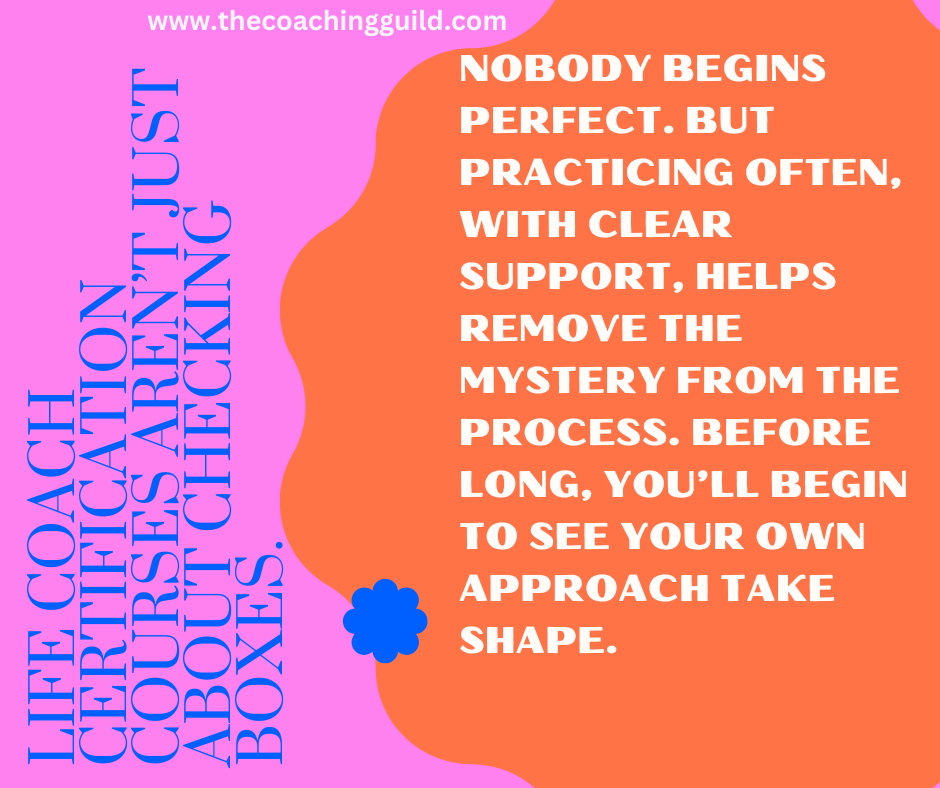3 Reasons I Chose to be a Life Coach
It's probably not what you think.
When I tell people I am a life coach, it’s always a conversation starter.
People understand the concept a lot more than they did ten years ago. However, still, the idea of life coaching seems mysterious to most who are working traditional 9-5 jobs. So, I get questions, and the most common question is, “Why?”
Most people expect me to say I do it because I enjoy helping people – which is true. However, I wouldn’t put that in the top three reasons I chose to be a life coach. My motivations are more personal, maybe self-serving than that.
- I chose to be a life coach because I didn’t want to put my children in daycare. This decision wasn’t without a unique set of challenges. Building a business and doing client sessions with a kid in the house is not easy. However, with some in-home childcare support, it has been possible in a way working a traditional 9-5 would not have allowed. Both of my boys have grown up with mom in the house. Both of them had to learn to respect my work boundaries. Both of them have a deep understanding of entrepreneurship in ways most adults do not. Every member of my family, including my husband, has had to make sacrifices to support my career. It hasn’t always been easy, but I wouldn’t do it any other way. The payoff has been 1000% worth it.
- Location independence is essential to me. I never wanted to be tied to working in place. However, the ability to work remotely outside of the U.S. has been a gift I can’t put a price on. My ability to support our family living in Mexico has profoundly changed our quality of life. Without coaching, we would still be living in Washington State, dependent on my husband’s traditional employment. We can live anywhere we want to because as long as I have an internet connection, I can work while we roam the planet.
- I make my hours and set my salary. I will be honest, I value time more than money. However, as a coach, I have more control over both than I ever did in traditional employment. I work four days a week. I set my hours and rates. I have time for myself and my family most working mothers simply do not. I also have the financial freedom to enjoy that time.
-
Bonus: Most established coaches will tell you this profession is uniquely recession-proof. It’s true. Many people assume coaching is a budget luxury. However, for most clients, it is the opposite. Many people will prioritize coaching when the financial waters are wavier because they know from experience the investment pays off.


